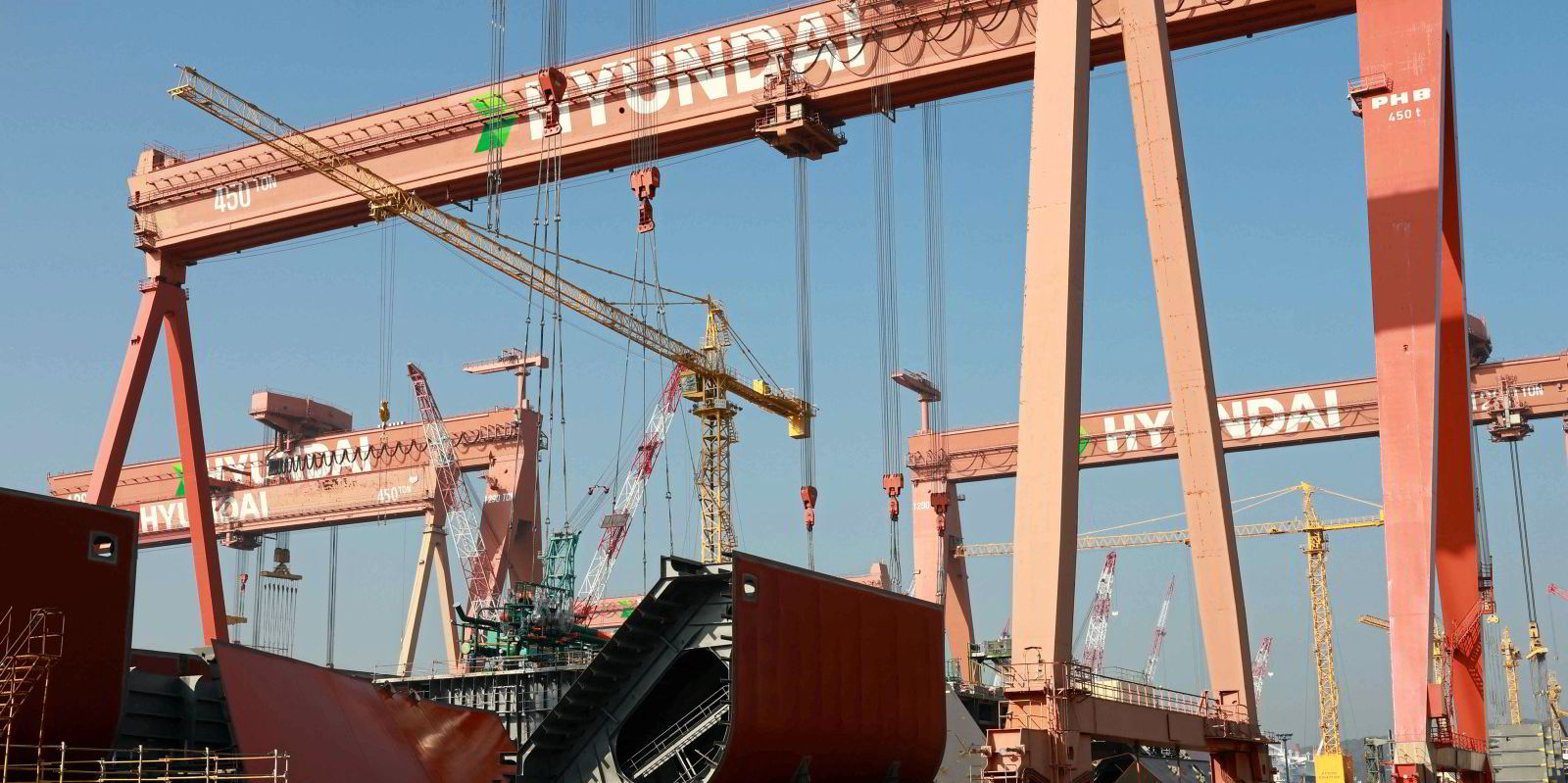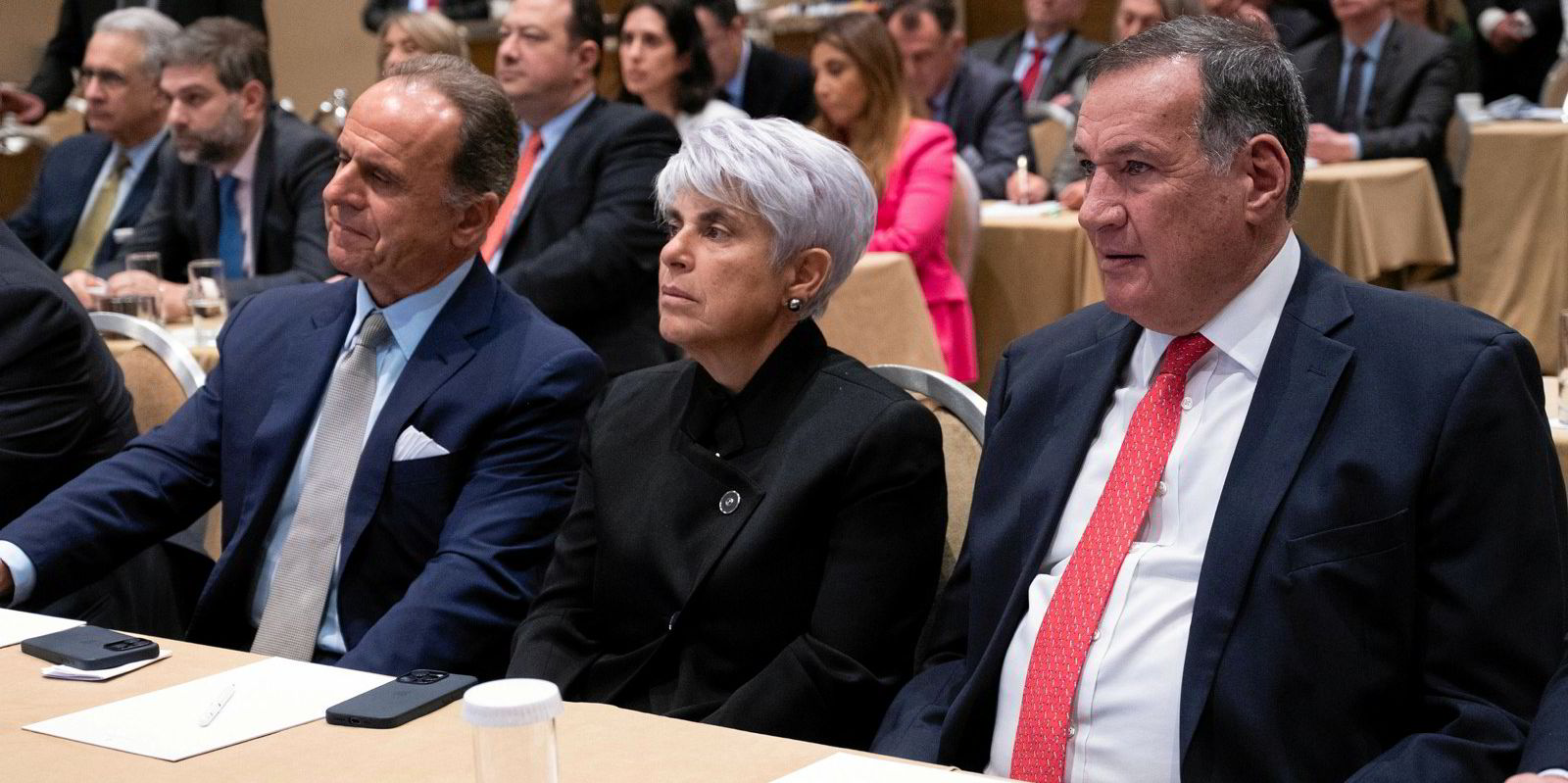Latest Greek fleet figures released on Monday provide further evidence of Hellenic owners’ weighty role in contracting newbuildings over the past 12 months.
According to an annual report by the Greek Shipping Co-operation Committee (GSCC) — the shipping association of the London Greeks — Hellenic owners have an outstanding orderbook of 373 vessels with a total carrying capacity of 33.1m dwt.
That compares with 194 vessels of 15.1m dwt that had been booked at the same time last year, when the previous edition of the annual report was released.
“The orderbook figures represent a 50% increase in new orders,” said the committee in a comment, explaining the surge with “a larger interest in new technology vessels by Greek owners”.
The figures cover the total Greek fleet in general — not just that controlled by London Greeks — and derive from data provided by S&P Global Market Intelligence.
The up-to-date statistics suggest that Greek ordering, which was already known to have been impressive over the course of 2023, continued at a rapid clip in the first two months of this year.
Clarksons reported in January that Greek owners spent $18.1bn on 267 newbuildings last year — a 60% jump in monetary terms from 2022.
The Clarksons and the GSCC figures are in line with running coverage by TradeWinds, which showed more than 40 Greek companies piling into Chinese, South Korean and Japanese yards for new business last year — and continuing to do so in January, February and March.
Two among them are particularly conspicuous: George Procopiou and George Economou, who ordered more than 70 tanker and bulker newbuildings between them in 2023.
Thirst for tankers
A breakdown of outstanding projects provided by the GSCC on Monday shows that oil tankers, as well as chemical and product carrier newbuildings, account for 51% of Greeks’ total, in terms of tonnage.
Bulkers account for one-quarter and liquid gas carriers for nearly 18%.
Expressed in terms of tonnage, the Greeks’ total orderbook represents 9.3% of their existing fleet on the water.
This average figure, however, conceals considerable disparity among the different ship classes.
In bulkers, the Greek orderbook ratio is 4.7%. In container ships, by contrast, it stands at 9.6% and in tankers it has already climbed to 12%.
Despite its rapid increase, however, the Greek orderbook is still modest compared with the total.
According to the GSCC figures, Hellenic orders account for 13% of the global ship orderbook in terms of tonnage. That is below the 15% share of the existing fleet on the water under Greek control.







